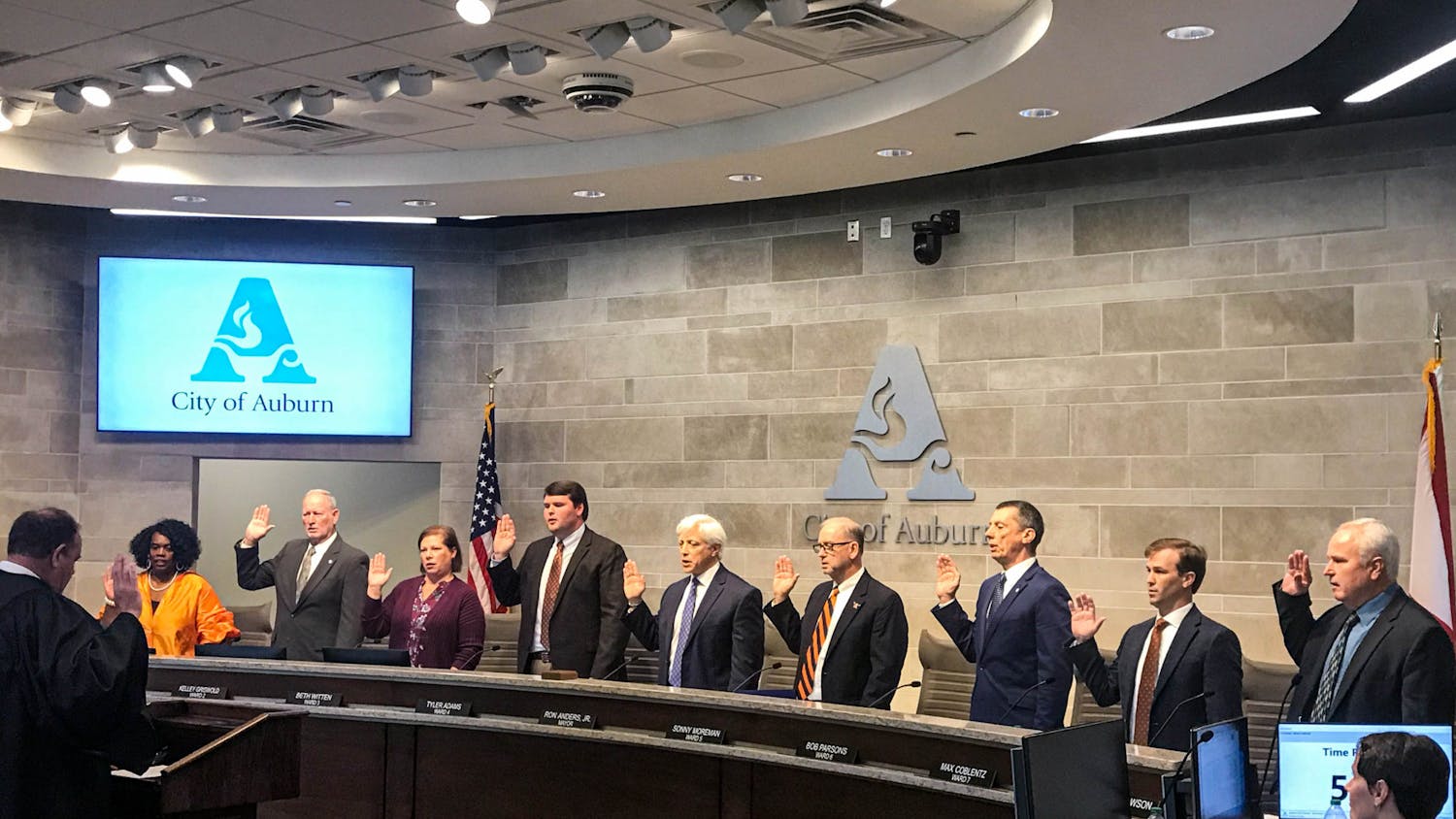Auburn’s Department of Human Resources is developing a new talent management system called Tiger Talent, which will replace and modernize various aspects of HR’s current employment system in the city that currently employs over 13,000 people.
“We have a lot of our processes that are still manual, paper-driven processes,” Associate Vice President of Human Resources Karla McCormick said. “We were trying to figure out a way to automate those processes, which would then free up our staff to do more value-added things for our customers.”
McCormick said that HR started to work on finding a new system around two and a half years ago. After examining a variety of vendors, HR chose PageUp to develop a new system. PageUp systems are already used at over 50 colleges including Florida, Alabama and Michigan State.
“[We] really wanted to find a system that would be an integrated system as much as possible,” McCormick said. “Where we could tie up those processes together and have data flow from one work process to another.”
The system will be divided into five “modules” or processes that Auburn employees go through when working for Auburn. The first module is position description, where Tiger Talent will provide job descriptions. The second module is applicant tracking, which iswhat potential employees will use to apply for jobs at Auburn.
“There is a database, but it’s somewhat manual, that data then flows into an applicant tracking system,” McCormick said. “We do use an applicant tracking system called People Admin, but we were looking for some functionality that wasn’t available within that system, and we don’t really feel that that system has adapted with the needs of the workforce.”
The third module is onboarding, and this part holds the information of individuals who have been offered a job and prepares the paperwork necessary for them to work at Auburn.
“The goal in that is to get all the paperwork out of the way so that the day that person arrives on campus, we’re ready for them, and they can start work immediately,” McCormick said. “[New employees] will have access to systems, parking, their employee badges and building access, so that on day one, they’re ready.”
Once an employee begins working at Auburn, the fourth module, performance management, will keep track of an employee’s workplace performance and will automate the performance review process which is currently all done on paper.
The final module, learning management, will keep track of an employee’s training, and will allow supervisors to schedule training. This will replace Latitude Learning that Auburn is using now.
“[The fifth module] we think will give more visibility for our supervisors into the training that their employees have had, kind of a complete transcript, so to speak, of training that an employee has been through,” McCormick said. “It’s replacing a system that exists today but adding a lot of robust functionality that we don’t have today.”
Position description, applicant tracking, and performance management will be mostly used for all non-faculty positions. All employees of the University will use onboarding and learning management.
“[Another] aspect is sustainability, how can we make sure that the system is maintained over a long period of time, and we have the ability to make modifications as necessary,” said Rod Kelly, senior director of talent management. “Long-term sustainability was really one of [PageUp’s] competitive advantages and we’re going to get the benefit of that.”
Kelly said that PageUp will train a few staff at HR to be “superusers” who can reconfigure and add to the system as needed. This means that HR will be able to quickly modify Tiger Talent as needed without having to hire a programmer every time.
Director of Student and Temporary Staffing Services Abbi Brown said that her department is still in the process of determining exactly how Tiger Talent will be used with student employees. Auburn University currently has around 4,000 undergraduate student workers.
“Student employment is still new to HR, it’s transitioning over from the career center over to us,” Brown said. “In that process of bringing student employment as a whole to HR, we are taking that on as an opportunity to figure out from students what it is that they both want and need, so we’ve got this new system, it’s got this large functionality, and now it’s our job to figure out how to apply that functionality to the students.”
Brown said that Student and Temporary Staffing services has been interviewing student employees and has spoken with SGA about ways to improve student employment with the new system. HR will still be conducting surveys with students for the next few months as they decide exactly how Tiger Talent will be used by students.
HR sent out surveys to Auburn employees in December of 2017 asking what they like and dislike about the current employment system and ways it could be improved. Communications and Marketing specialist Patrick Johnson said that HR received around 500 surveys back from employees.
“A lot of good information came out of the surveys,” Johnson said. “People were fairly open about what they thought, they didn’t always have the most glowing remarks about what we were currently doing, but that’s OK because that feedback is going to help us configure [Tiger Talent].”
HR also held three forums in Febuary to receive more feedback from employees, and HR liaisons are being used to collect input from employees. In addition, HR is in the process of creating work-advisory groups of around 60 employees who will be providing feedback on Tiger Talent.
“Our hope is that by the time we have gone through the configuration of the system and that it goes live, that everybody on campus is already familiar with it,” McCormick said. “They’ve been involved in the conversations about it, they’ve had input into it, they’ve been trained on it, so that when we get ready to go live, our campus is ready.”
The first three hiring modules of Tiger Talent are scheduled to start by the end of 2018, and the last two will be fully implemented by Spring 2019.
Do you like this story? The Plainsman doesn't accept money from tuition or student fees, and we don't charge a subscription fee. But you can donate to support The Plainsman.



